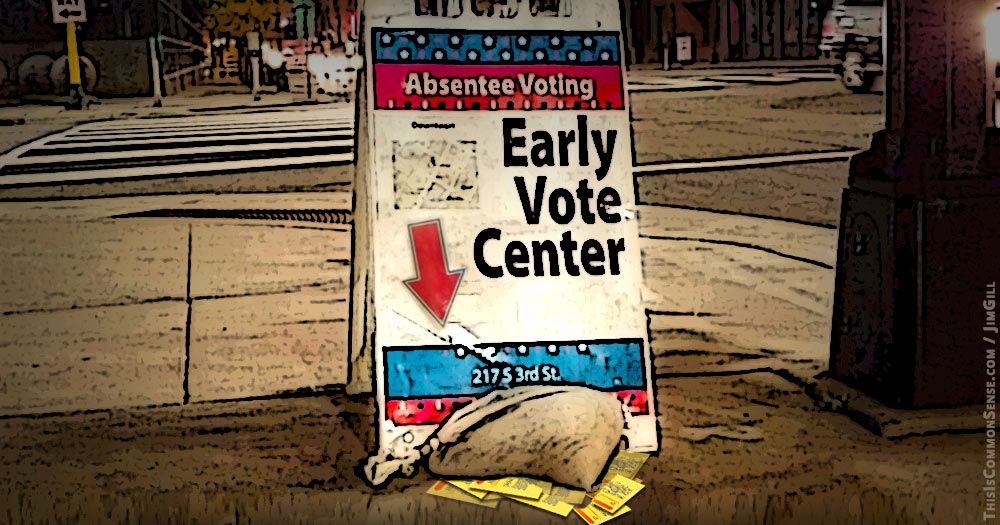Ronald Reagan was known to make a jest or two. After being shot, he joked with his surgeons about their partisanship. In front of a hot mic, he shocked the media by saying he had “signed legislation to outlaw Russia forever,” and that bombing would begin “in five minutes.”
The down-homey half-quips of George W. Bush turned malaprop into something almost endearing — to some. And Barack Obama’s appearances on talk shows were often well-crafted comedy routines.
So, let’s not take President Donald Trump’s recent quip in honor of China’s President Xi Jingping too seriously.
Let’s not freak out just yet.
Sure, he seemed to favor Xi’s moves to remove the constitutional term limits placed upon him. But, not reported in much of the coverage, was the tone.
Trump was joking.
“He’s now president for life. President for life. No, he’s great,” Trump said. “And look, he was able to do that. I think it’s great. Maybe we’ll have to give that a shot some day.”
That is supposed to be funny. Trump does have good comic timing and delivery. Hillary Clinton not so much.* That may be one of the reasons he squeaked into the White House.
But to take it all seriously for a moment. What Trump is talking about is basically an elected king. Which is precisely what Alexander Hamilton first pitched in Philadelphia, so long ago. It was struck down — along with most of his nationalist agenda — by the convention. But he did “give it a shot.”
And was it entirely unrelated that Thomas Jefferson’s first Vice President later gave Hamilton a shot?
Too soon?
This is Common Sense. I’m Paul Jacob.
* Just compare how Barack Obama killed with UFO material, and how Hillary seemed to be several degrees too clumsy at it.





